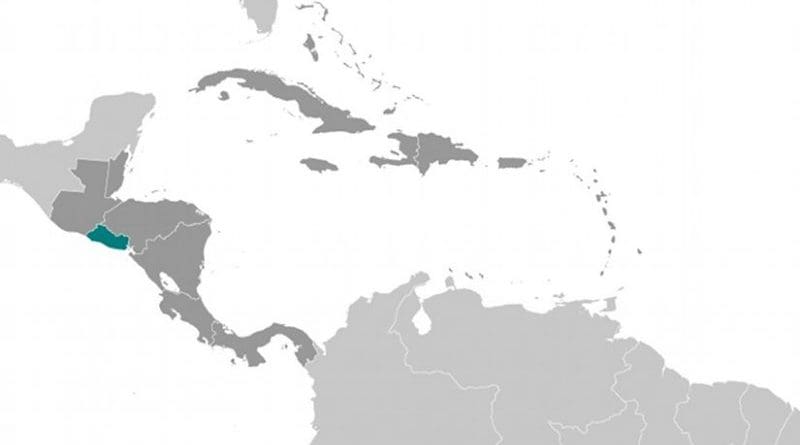El Salvador: Fix Flawed Transitional Justice Bill, Says HRW
The Salvadoran Congress should comply with a May 28, 2019, Inter-American Court of Human Rights order to suspend consideration of a “transitional justice” bill, Human Rights Watch said today. The deeply flawed bill would deny meaningful accountability to thousands of victims of grave crimes and should be promptly amended.
The proposed legislation would benefit military officers and guerrilla fighters involved in serious human rights abuses during the country’s 12-year internal armed conflict, which ended in 1992. Those responsible for atrocities have not been prosecuted due to a 1993 amnesty that El Salvador’s Constitutional Court overturned in 2016.
“Victims of atrocities committed during El Salvador’s armed conflict have waited for decades to see justice, and they deserve meaningful accountability,” said José Miguel Vivanco, Americas director at Human Rights Watch. “Yet this transitional justice bill ensures that those responsible will not face any remotely serious form of punishment.”
The Inter-American Court ordered El Salvador to suspend consideration of the bill and asked for further information on how it could affect prosecutions concerning several massacres committed in 1981 in which the armed forces killed more than 900 people. In 2012, the Court had ordered El Salvador to carry out a comprehensive investigation and prosecution regarding “all the masterminds and perpetrators” responsible for the massacres.
The bill provides that defendants who confess their crimes and tell the truth would serve alternative sentences. It would “suspend” the sentences of anyone convicted of a crime during the conflict with a sentence of 10 years or less. Longer sentences would be “replaced” with “works of public utility” for up to 10 years.
El Salvador should punish gross human rights violations with sentences proportionate to the gravity of the crimes, Human Rights Watch said. The United Nations Convention against Torture, for example, notes that crimes under the convention should be “punishable by appropriate penalties which take into account their grave nature.” The Inter-American Court has held that “the punishments established for crimes involving acts that constitute serious human rights violations must be appropriate to their gravity,” and that they must “truly contribute to prevent impunity.”
The bill also provides that within five months after its passage, the Attorney General’s Office would create a single “list of cases that will be investigated and prosecuted.” The attorney general would select cases for the list based on the “extreme gravity” and “representative nature” of the facts, the “viability of the investigations,” and the possibility of proving the “patterns, behaviors, and practices which are more offensive to the human species.” The bill would provide an amnesty for anyone whose case is not included on the list.
While some prioritization should be expected and even desired in situations of mass atrocities, the requirements outlined in the bill would in practice most likely fail to meet El Salvador’s responsibility to hold those responsible for abuses accountable, Human Rights Watch said. The provision to create a single list in a short period of all the cases to be prosecuted effectively makes it likely that many people responsible for international crimes would benefit from a sweeping amnesty.

